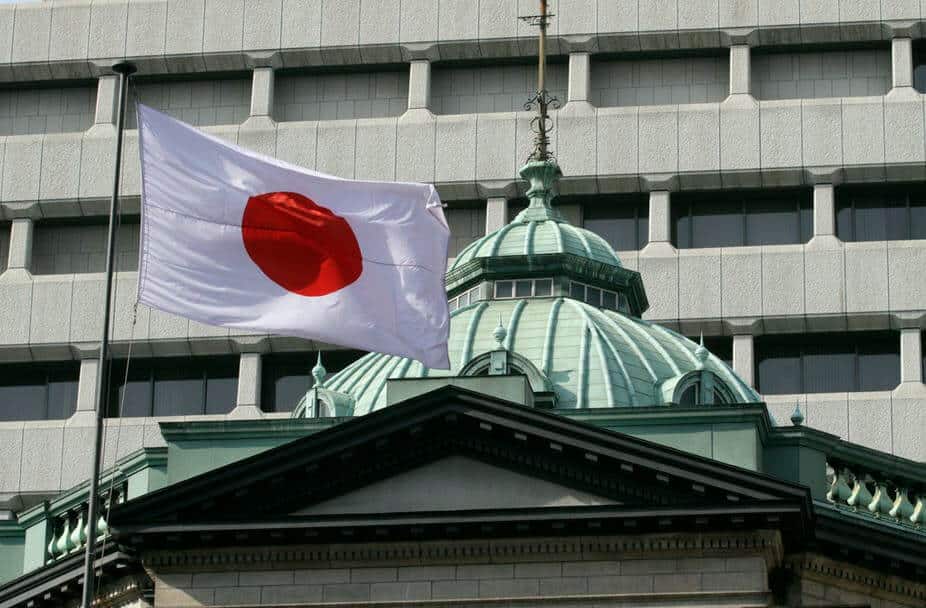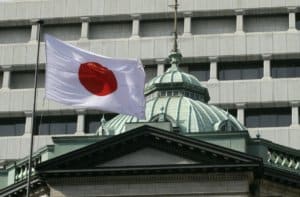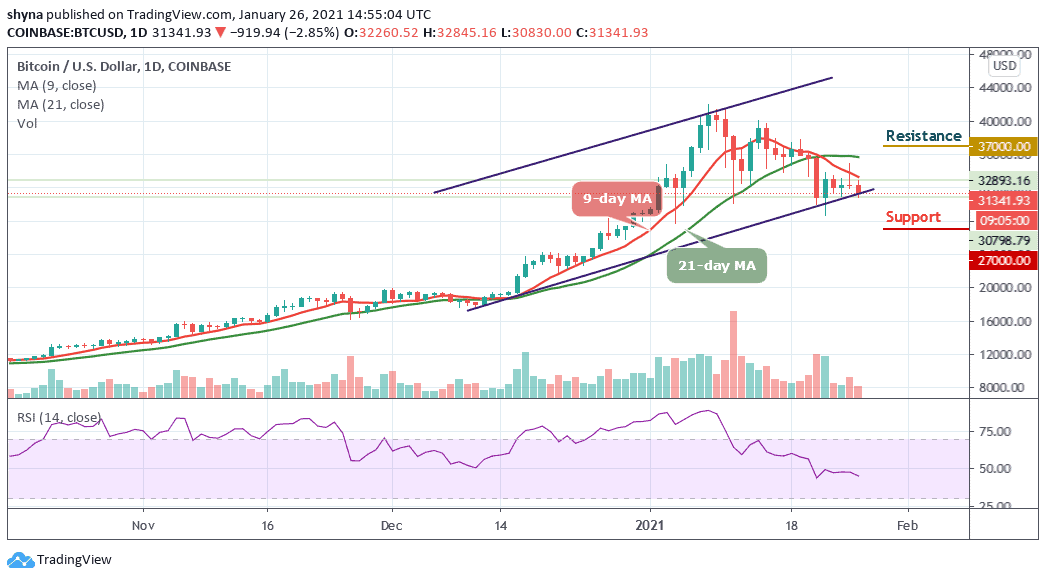Join Our Telegram channel to stay up to date on breaking news coverage
The Japanese crypto industry is one of the most mature globally, with a robust regulatory regime and growing appetite from locals. However, crypto exchanges now have some competition to watch out for as the country’s top brokerage firms are now eating more of their market share.
Hot on Native Crypto Exchanges’ Heels
Recently, research firm Messari published its Asian Crypto Landscape report, noting that the net worth and operating revenue of the crypto exchanges launched by Japan’s top brokerage firms have been on the rise.
As the report showed, the top crypto exchange in the country is bitFLyer. The Tokyo-based exchange has $1 billion in assets under management (AUM), with operating revenues of $51 million and a $146 million net worth.
Coincheck ($694 million AUM, $37 million profits, $27 million net worth) is second, while Bitbank ($508 million AUM, $15 million profits, $5 million net worth) is third. However, securities brokers and their exchanges are moving rather rapidly as well. The top three in this regard are GMO Coin ($251 million AUM, $38 million profits, $26 million net worth), Fisco ($244 million AUM, $6 million profits, $9 million net worth), and Bitpoint ($91 million AUM, $7 million profits, $10 million net worth).
Shedding more light, Mira Christiano, a researcher at the firm, explained via a tweet that the top three brokerage firms in Japan by customer deposits – SBI, Rakuten, and the Monex Group – all operate crypto exchanges now. She added that several top asset managers have also been lobbying the government to approve them to launch crypto-native services like custody and investment funds.
The top "Japan Online Brokers" have crypto exchanges. While this is uncommon for other countries, these brokers see the long term potential.
Unlike @RobinhoodApp they're running massive losses (financials are public) but they're bullish #crypto. pic.twitter.com/38yihNCCLF
— Mira Christanto (@asiahodl) January 25, 2021
The Government Deserves Some Credit
The report also pointed out the Financial Services Agency (FSA) and its role in allowing traditional finance firms to expand into the crypto space, primarily through progressive regulations. The agency has reportedly issued 26 digital currency exchange licenses since April 2017.
Among other things, the report does point out that Japan’s crypto industry continues to grow in leaps and bounds. The country has been known across the industry for being proactive with its policy propositions. In May 2019, the Japanese House of Representatives voted to amend the Payment Services Act and the Financial Instruments and Exchange Act.
The updates primarily addressed the security flaws seen in several top exchanges – including Coincheck, Bitpoint, and Zaif. They addressed stricter security regulations for asset custodians and more robust anti-money laundering (AML) policies for exchanges. While some believed that the rules were a bit too stern, they received overwhelming praise. A proactive approach like that is why Japan remains a leader in the global crypto landscape.
Join Our Telegram channel to stay up to date on breaking news coverage


